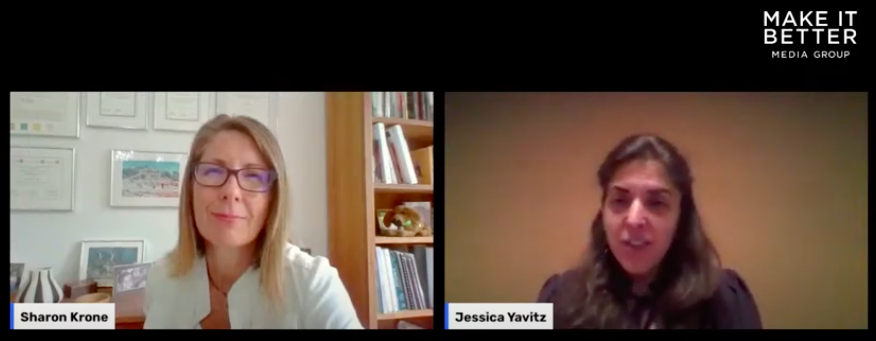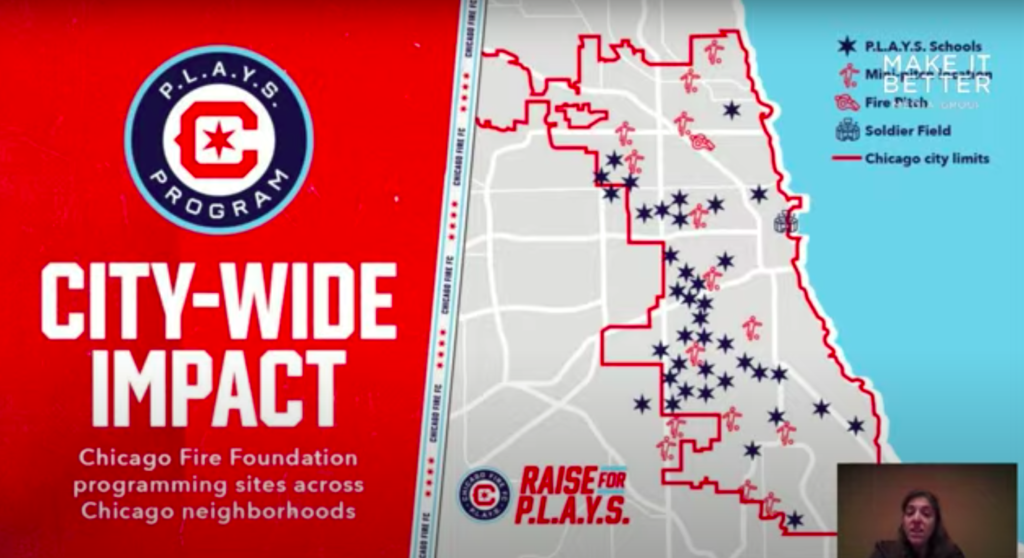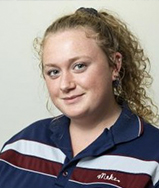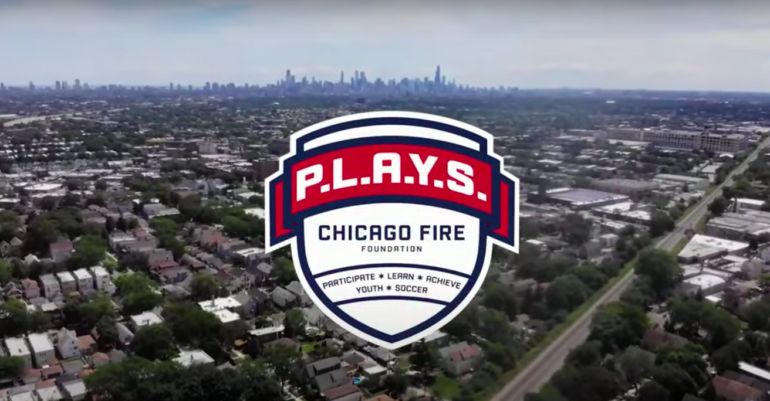For grade school-aged children, often the best boost to their academic and social performance is the addition of an extracurricular activity to stimulate their brain and body. Sports, for example, not only engage children physically but also encourage them to work on a number of skill sets like communication and perseverance.
The importance and real impact of this was the topic of conversation at an Aug. 4 virtual event, hosted by Make It Better Media Group, highlighting Make It Better Foundation’s 2021 Philanthropy Award Winner, Chicago Fire Foundation (CFF). This event created space specifically for Jessica Yavitz, Executive Director of the CFF and Sharon Krone, Executive Director of the Make It Better Foundation, to have an open dialogue about the importance of the CFF’s mission.

The connection between athletics and academics is something that is not lost on organizations like the Chicago Fire Foundation — a branch of the Chicago Fire soccer organization — which was founded in 2013 and has garnered a number of accolades, most notably under the advisement of Yavitz, including the 2019 ESPN Sports Humanitarian Team of the Year Award.
What specifically made the organization stand out is their P.L.A.Y.S. (Participate, Learn, Achieve, Youth, Soccer) Program, which is committed to “enhancing the academic performance and development of key social and emotional (SEL) skills of elementary school students through a sports-based curriculum.” Through the program — which takes place five hours a week over 10 weeks — they have helped more than a thousand children from grades three through five learn and grow outside of the classroom. Yavitz mentioned during the discussion that third grade is a critical age for charting the academic future of students. So much so that “students are four times more likely to drop out of high school if they are behind academically in third grade,” added Yavitz, according to Donald J. Hernandez, a sociology professor at Hunter College.
Which is why the program targets that particular age group and welcomes participants from all across the city, though the majority of students come from institutions on the South and West sides of Chicago. Since its inception, the program has seen a 400% increase in participation and has expanded into 50 different Chicago Public Schools, where it is treated more like a free, after school program — which by definition it is.
Operating in this capacity, the program creates a safe space for children to think creatively, play passionately and learn real-life skills. The program was born out of the reality that many students, when not properly engaged or supported, do not go on to complete high school — with a 40% drop out at a rate of nearly 70 students per day, and a lower than 70% high school graduation rate, according to Yavitz.

This is why the program engages students from every angle, not just athletics. Every week a target skill set in soccer is paired with an SEL lesson to drive home just how important the duality of the two is — footwork and cooperation; scoring and communication; passing and teamwork; and much more. And both parents’ and students’ surveys agree that the results of this are children who are more understanding of themselves, of others and of the complex world and neighborhoods they live in.
“Participants, no matter their demographics or physical capabilities, are respected and encouraged to embrace each other’s differences by everyone involved in the program,” Yavitz added. Not only that, but coaches also look to build teams that are reflective of the communities in which they play.
While similar programs may have students’ best interests at heart, many fall short when it comes to authentically tackling the complex obstacles children from underserved areas face. “It isn’t [outsiders] coming in after school and assuming that we can solve all the world’s problems. [Instead] we are training individuals that understand the community and the pulse of the environment, that are in these neighborhoods day in and day out … and know them, know their families, [and their] traumas,” Yavitz explained. So, the Foundation directly invests in those teachers who are willing to extend their talents onto the pitch by funding everything from training to licensing.
During the discussion, Yavitz played a video featuring students and educators from around the Chicagoland and their connection to the P.L.A.Y.S. Program. “It makes me so happy to see them happy. Because a lot of our students are not being loved at home — and it makes their day. And when I see their day is complete, my day is complete. … It’s like a safe haven over here for them,” said Erma Jelks-Lane, the Dean of Students at Curtis School of Excellence in Chicago.
To support their mission or find more information, visit the Chicago Fire Foundation’s P.L.A.Y.S. Program website or text “PLAYS” to 76278 to donate.
Watch the virtual event here:
More from Better:
- Chicago Sky Launches The Net, a Mental Health Initiative to Increase Support and Encourage Transparency Among Athletes
- 31 of the Best Things to Do in Chicago and the Suburbs in August 2022
- We Asked, You Voted! Introducing Your Best of 2022 Chicago and Suburbs Winners…

Margaret Smith is a Chicago-based writer and editor with a passion for socio-political storytelling about their community. They are a graduate of Columbia College Chicago.

